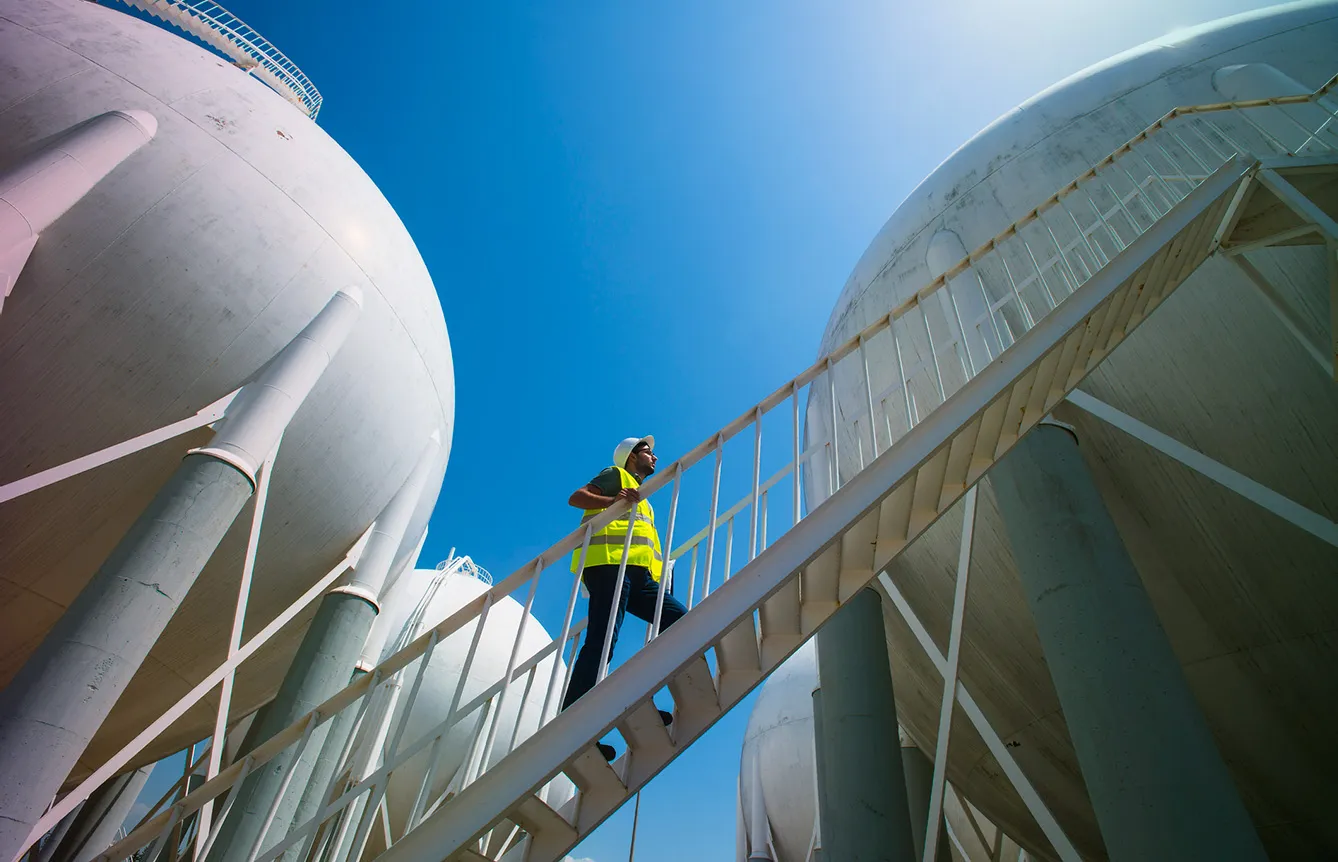Like many other countries in the region, Slovenia itself is heavily dependent on Russian gas but recently has taken steps to diversify its supplies and to meet a third of its energy needs from Algerian sources in the short term.
At the end of 2022, Slovenia’s largest energy trading company, Geoplin, signed a three-year contract with Algeria’s state-owned energy company, Sonatrach, for the supply of natural gas. Under the agreement, Slovenia will receive 300 mln cubic meters of natural gas a year (until 31 December 2025) supplied through the Trans-Mediterranean Pipeline, which already transports gas to Italy via Tunisia. The pipeline’s annual capacity is 34bn cubic meters, and, given the current spare pipeline capacity, Algeria is expected to be able to meet the terms of the agreement.
According to declarations made by representatives of the Slovenian side, the signed agreement is only a prelude to a long-term partnership and much larger volumes of transported fuel in the future. Slovenia ultimately wants to cover at least half of the country’s energy needs with Algerian gas.
In recent years, Slovenia’s annual demand for natural gas has been around 900 million cubic meters. Ljubljana wants to phase out coal power plants by 2033. After that date, fossil fuels will be replaced with natural gas, accounting for only 5-7 percent of electricity generation.
Bigger plans and ambitions
Slovenia does not want to buy gas from Algeria just for its own needs. It is becoming increasingly apparent that Ljubljana’s ambition is to become a local hub for this part of Europe and profit from gas redistribution to neighboring and more distant countries. Given the capacity of the Trans-Mediterranean Pipeline and the steadily rising output of Algerian gas fields, Slovenia could easily sell gas to countries like Austria and Hungary. And anyway, Hungary plays a significant part in Slovenian plans. About 85% of Hungary’s natural gas is imported from Russia via the TurkStream pipeline from the south. Last year, gas and oil supplies from Russia to Hungary increased, and contracts with Gazprom were extended.
As Slovenian Prime Minister Robert Golob announced, his country is about to give a helping hand to solve the Hungarian problem of dependence on Russian energy and to increase European energy solidarity. Energy cooperation between Slovenia and Hungary has been ongoing for some time. Both prime ministers mentioned plans for the construction of a joint gas pipeline during the ceremonial opening of the Cirkovce-Pince high-voltage line connecting their countries’ networks. If an agreement on a joint gas pipeline with Hungary comes into effect, constructing a new gas pipeline could take 2-3 years.
What the future holds
Slovenia’s plans and gas ambitions seem to be well planned in the long term, and the contracted gas supplies from Algeria constitute a significant element in their execution. The country communicates its ambitions in a way that appeals to European solidarity while presenting them as a solution to the Hungarian “Russian gas problem.” The overall narrative is, therefore, quite impressive. Slovenian efforts are part of a general, supported by the Three Seas Initiative trend in the region toward diversification of gas sources, which includes the construction of gas ports and interconnectors between countries.







